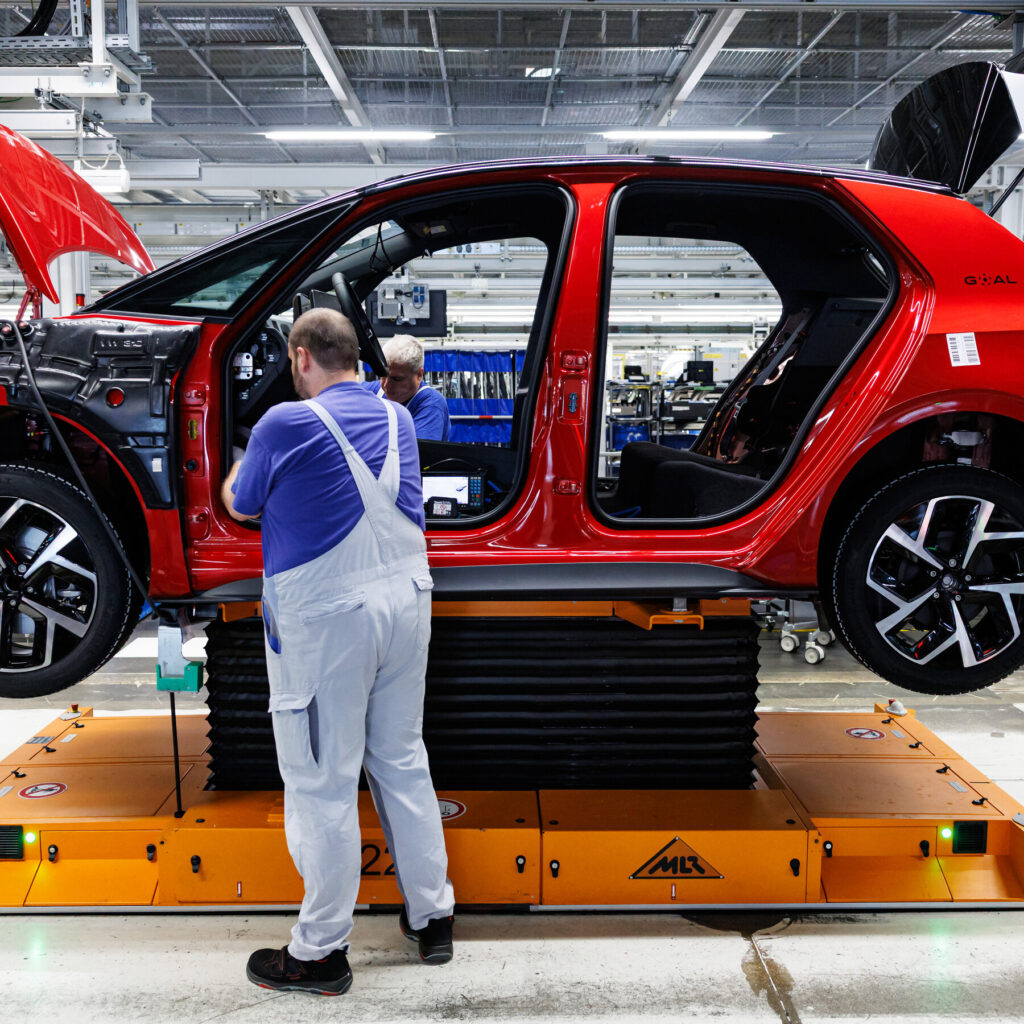China Lifts Partial Ban on Chip Exports, Alleviating Global Supply‑Chain Concerns

Beijing has announced that it will once again permit the shipment of certain semiconductors that were previously subject to a strict export embargo, a move welcomed by manufacturers worldwide that have been wrestling with a prolonged shortage of critical components. The policy shift was confirmed this week after a leading German automotive parts supplier, which asked to remain anonymous, reported that it had received clearance to export its latest batch of chips to Chinese customers.
The temporary ban, introduced in late 2022 amid heightened geopolitical tensions and growing pressure from the United States to curb China’s access to advanced technology, targeted a range of high‑performance integrated circuits used in everything from electric‑vehicle powertrains to advanced driver‑assistance systems. While the restriction was intended to slow the development of China’s domestic chip industry, it also inadvertently strained the global supply chain, exacerbating a shortage that has already forced automakers to halt production lines and delay model rollouts.
Industry analysts say the partial rollback signals a pragmatic response to the mounting economic fallout. “The semiconductor shortage has become a systemic risk for the entire automotive sector,” noted Maria Liu, a senior analyst at the consultancy Frost & Sullivan. “By easing the export curbs on less sensitive components, China is acknowledging that its own manufacturing base—and the broader global market—cannot afford to stay in a state of chronic scarcity.”
The German supplier, which produces a range of sensors, power modules and connectivity solutions for major car manufacturers, had been forced to suspend shipments of several dozen thousand units after Chinese customs flagged the items as prohibited. The company’s spokesperson explained that the renewed approval covers “standard‑grade silicon wafers and peripheral logic chips” that do not fall under the latest list of restricted technologies, allowing the firm to resume a portion of its export volume while continuing to comply with all licensing requirements.
Chinese officials, speaking at a press conference in Beijing, emphasized that the decision reflects “a balanced approach that safeguards national security interests without jeopardizing the healthy development of the global electronics ecosystem.” They added that the list of controlled items will be reviewed regularly and that further relaxations could be considered if market conditions improve.
The move is already being felt across the supply chain. Several European and Japanese carmakers, which have been scrambling to secure alternative sources for the chips needed in their next‑generation models, reported a modest but noticeable easing of production bottlenecks. In the United States, the Semiconductor Industry Association welcomed the development, calling it “a constructive step toward stabilizing a market that has been under unprecedented strain for over two years.”
Nevertheless, experts caution that the relief may be temporary. The underlying geopolitical rivalry over technology remains intense, and future policy swings could re‑impose tighter controls. For now, the partial reopening offers a sigh of relief to manufacturers who have been navigating a precarious balance between compliance, cost pressures and the relentless demand for ever‑more sophisticated automotive electronics.




